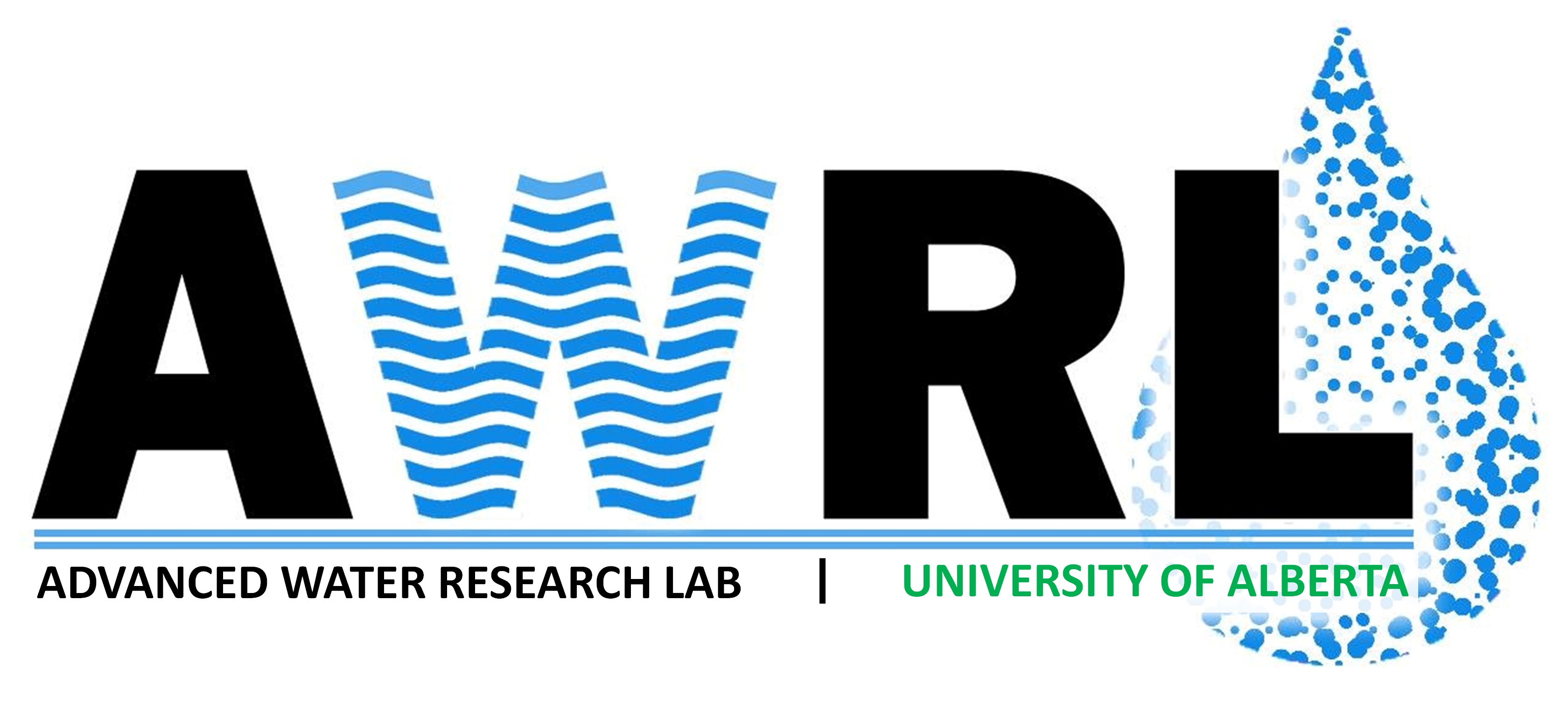Our Approach
Specific Goals of AWRL Research Programs
The research undertaken in AWRL aims at fundamental studies that can provide pathways for the sustainable management of the freshwater resources during industrial practices, such as oil sands extraction. The immediate focus is the management of produced water quality during in-situ oil sands extraction, particularly employing the steam assisted gravity drainage (SAGD) process. Other specific goals include the following:
-
- Laboratory and bench scale preparation of (i) single layer high-performance polymeric membranes by phase inversion technique, (ii) thin film composite membranes (TFC) by interfacial (in-situ) polymerization reaction, and (iii) stimuli-responsive mixed matrix membranes by incorporating advanced nanoparticles, which can lead to improved flux and rejection, thermal and chemical stability, and antifouling properties
- Physical and chemical surface modification methods, including membrane surface patterning and grafting to synthesize responsive super-hydrophilic and super-hydrophobic membranes with tunable separation properties
- A deep understanding of surface phenomena at the interface of synthesized membranes and water, including surface energy, wetting, adsorption, capillary penetration, and adhesion, with the intention to link these properties to the water permeation and fouling
- Bench scale demonstrations of low-energy membrane-based hybrid processes combining membrane processes (e.g. ceramic UF/RO), conventional physical and chemical treatment methods with membranes (e.g., plasma, advanced oxidation, and coagulation with MF), and electro-membrane processes which can provide scientific insights into the development of novel technologies for high efficiency produced water treatment

